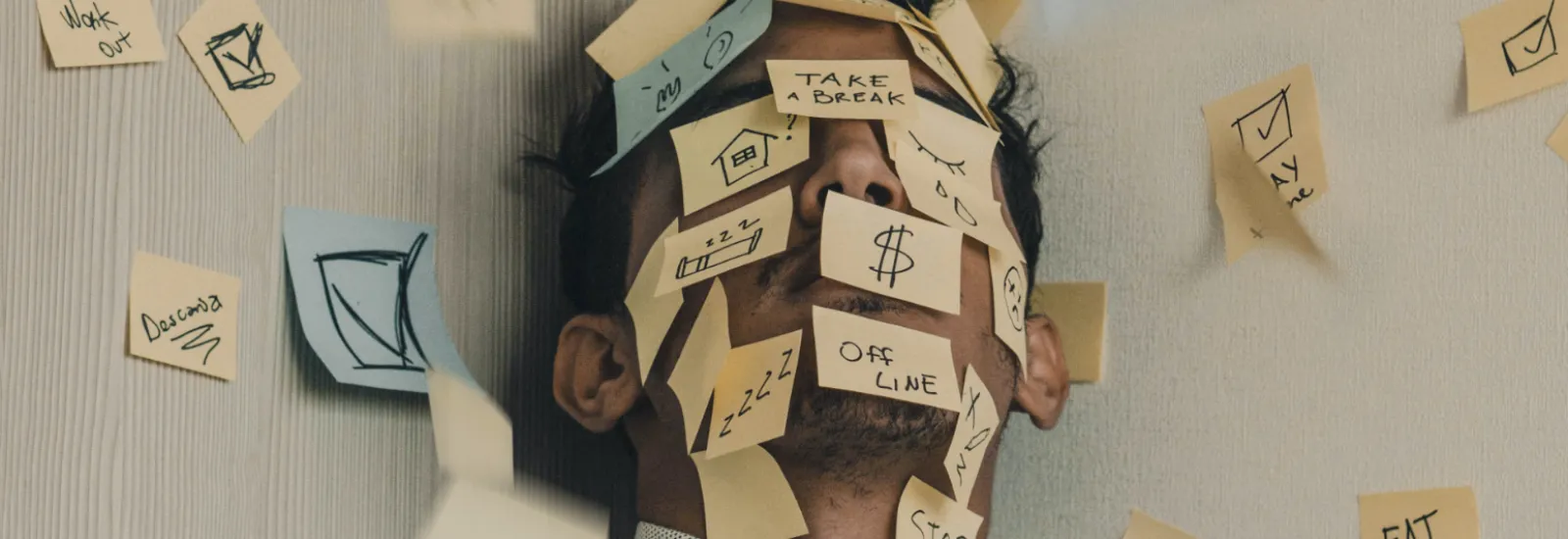
Find balance to deal with stress
As students are settling into classes and schedules are becoming packed with extracurricular activities it is ever more important to work towards a healthy balance to care for yourself. Everyone experiences stressors on a routine basis. Some are exciting and positive changes while others are normal day-to-day responsibilities or major life changes. Regardless of the cause evidence shows the negative impacts of chronic stress on one's overall health predisposing an individual to high blood pressure diabetes depression anxiety or heart disease. It is important to recognize your reactions to these things and take action to care for yourself.

Signs of Stress
- Irritability: easily angered unprovoked crying impatient for triggers that otherwise would not cause this reaction
- Insomnia: difficulty falling asleep or waking multiple times throughout the night
- Digestive changes: abdominal discomfort bloating diarrhea constipation
- Heart burn
- Muscle tension: neck pain or stiffness
- Headaches
- Anxiety
- Forgetfulness
- Fatigue
- Overeating or undereating
- Increased dependence on temporary pleasures (cigarettes alcohol shopping food etcetera)
Tips to decrease your stress level
- Identify what your stressors are and how each may be affecting you
- Eliminate the activities in your schedule that you may delegate to others or are not beneficial to your goals or priorities
- Be sure to sleep 8-10 hours every night: a full night of rest will help you think clearly and will support your immune system
- Incorporate exercise into your daily routine
- Pursue relaxing activity or hobby: warm bath listening to music painting gardening fishing yoga taking a long walk
- Plan ahead: What are your goals and priorities? Minimize any additional unnecessary stressors in your day to day
- Surround yourself with a support system: find a trusted friend family member healthcare provider or mentor to confide in. Relationships help build our resiliency.
If you feel overwhelmed or are still experiencing high levels of stress despite your best efforts reach out to your healthcare provider. Reid Family & Specialty Care would be happy to talk with you and connect you with resources to assist you during this time. The CDC and NIH are also great resources (links provided below).
Nimh.nih.gov/health/publications/stress/index.shtml
https://www.cdc.gov/features/copingwithstress/index.html

